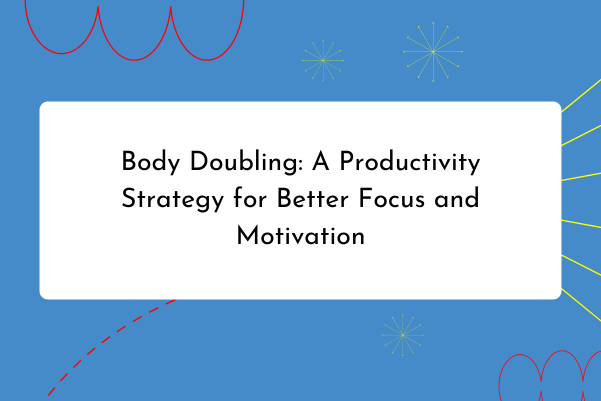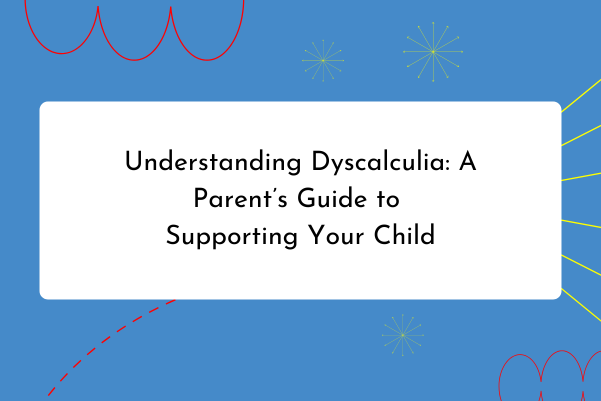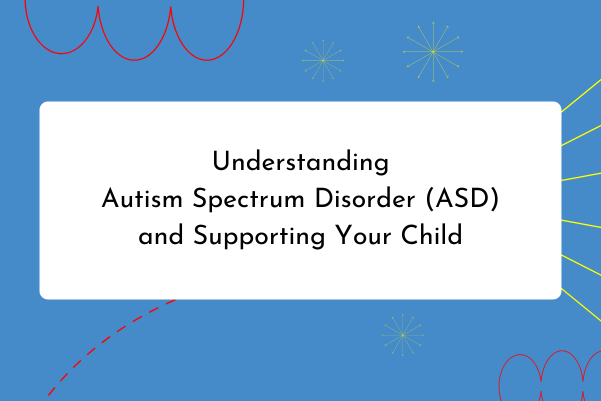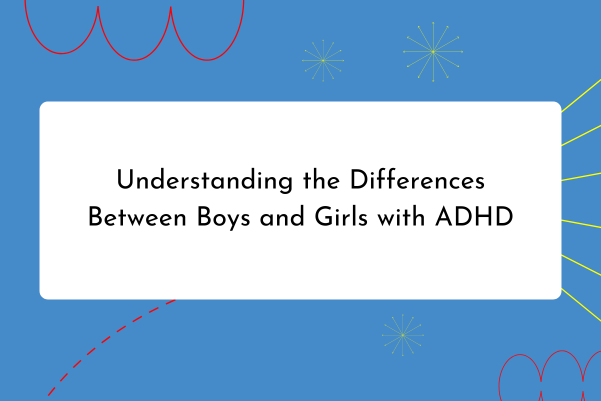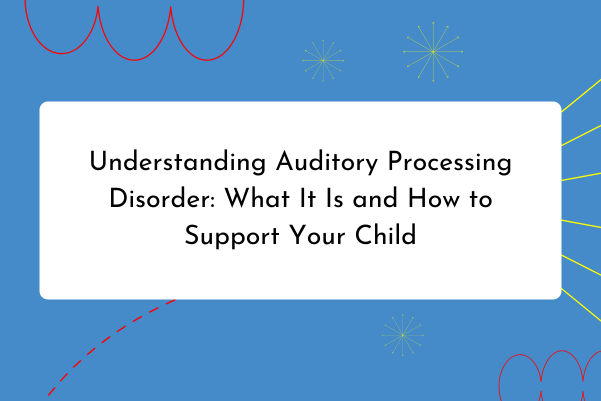Understanding Pathological Demand Avoidance (PDA) and How to Support Your Child
Out of 60 responses, 17 parents shared that their child has been diagnosed with Pathological Demand Avoidance (PDA). If your child is one of them, you might have already noticed that traditional parenting approaches don’t always work as expected. PDA brings unique challenges, but with understanding and the right strategies, you can support your child effectively.
What is Pathological Demand Avoidance (PDA)?
PDA is a profile that falls under the autism spectrum. Children with PDA often experience extreme anxiety when faced with everyday demands, leading them to avoid these demands in ways that might seem defiant or oppositional. However, their behavior is rooted in a need to feel in control and reduce overwhelming feelings of pressure.
Children with PDA may:
- Resist everyday demands, even those that seem simple.
- Use tactics like distraction, negotiation, or even refusal to avoid demands.
- Display heightened anxiety, especially in situations where they feel they have no control.
Understanding that your child’s avoidance is driven by anxiety, not willful defiance, is key to helping them.
How Can Parents Support Their Child with PDA?
- Adapt Your Approach
Traditional parenting methods, like strict routines or rewards and consequences, might not work well with a child who has PDA. Instead, a more flexible and understanding approach can help. Allowing your child to feel a sense of control and reducing pressure is essential. For instance, offer choices whenever possible, and try to frame tasks as fun or collaborative activities rather than demands. - Prioritize Relationships
Building a strong, trusting relationship with your child is crucial. Children with PDA respond best when they feel safe and understood. Take time to listen to their concerns and work together to find solutions that make them feel comfortable. Mutual respect and understanding can help ease anxiety and reduce demand avoidance. - Use Indirect Communication
Direct instructions can trigger anxiety in children with PDA. Instead of saying, “You need to do your homework now,” try a more indirect approach, like “I wonder if we should look at your homework together later.” This reduces the pressure and gives your child a sense of control over the situation. - Introduce Demands Gradually
Breaking down tasks into smaller, less overwhelming steps can help your child manage their anxiety. Instead of presenting an entire chore or activity at once, introduce it in stages, allowing them to feel more in control and less pressured. Celebrate small successes along the way to build their confidence. - Create a Calm Environment
A calm and predictable environment can reduce your child’s anxiety levels. Minimize stressors and make sure they have a quiet space where they can retreat if they’re feeling overwhelmed. Consistent routines that offer some flexibility can also help them feel more secure. - Collaborate with Professionals
Professionals who understand PDA can provide invaluable support. Whether it’s a therapist, counselor, or a specialist in autism spectrum disorders, working with someone who knows how to approach PDA can give you and your child the tools needed to navigate everyday challenges. They can also help you develop strategies tailored to your child’s needs. - Be Patient and Compassionate
Supporting a child with PDA requires patience and compassion. There will be days when things don’t go as planned, and that’s okay. Celebrate the small victories, be kind to yourself, and remember that progress is a journey, not a destination.
Final Thoughts
Raising a child with PDA might feel challenging at times, but with the right understanding and approach, you can help your child thrive. By focusing on building trust, reducing pressure, and working together, you can create a supportive environment where your child feels safe, understood, and capable of managing their anxiety.
Your child is unique and full of potential, and with your support, they can navigate the world in a way that works best for them.

